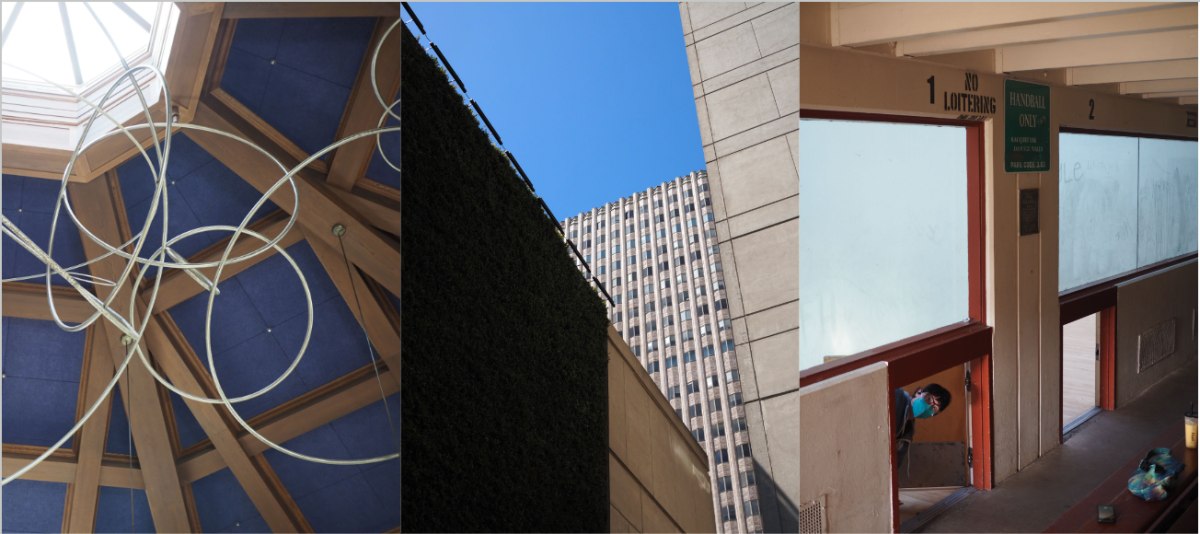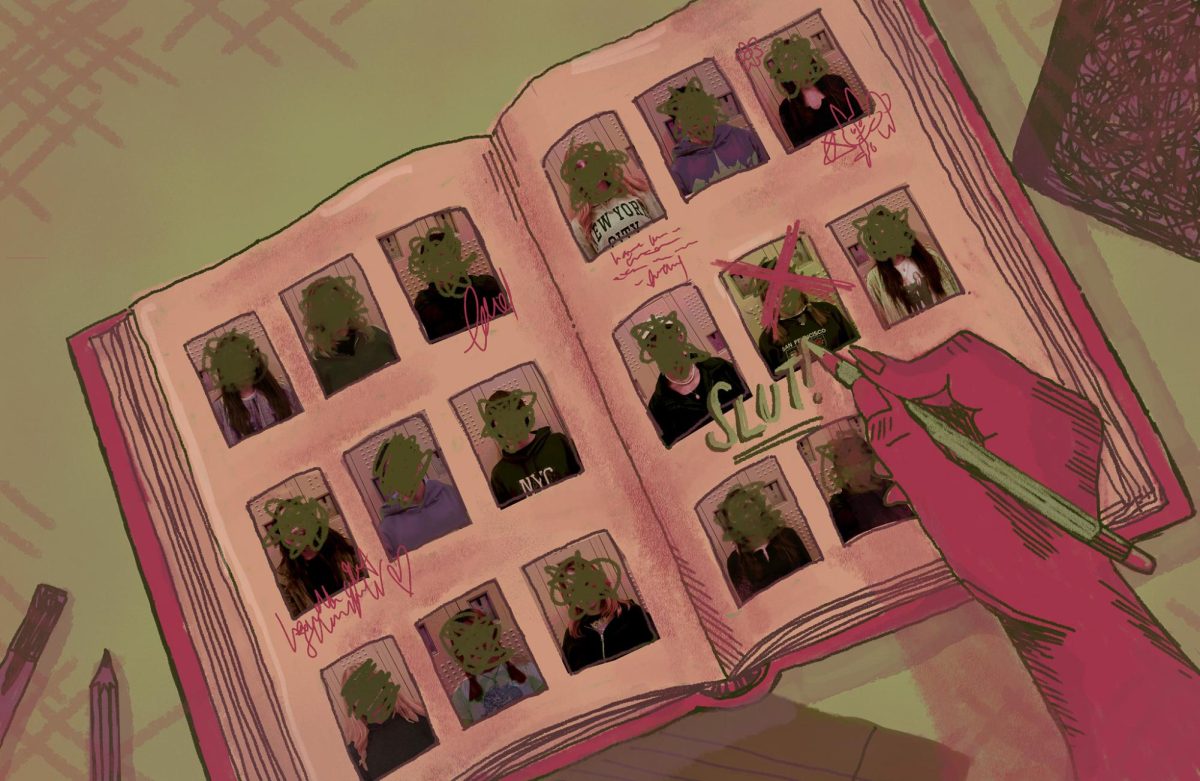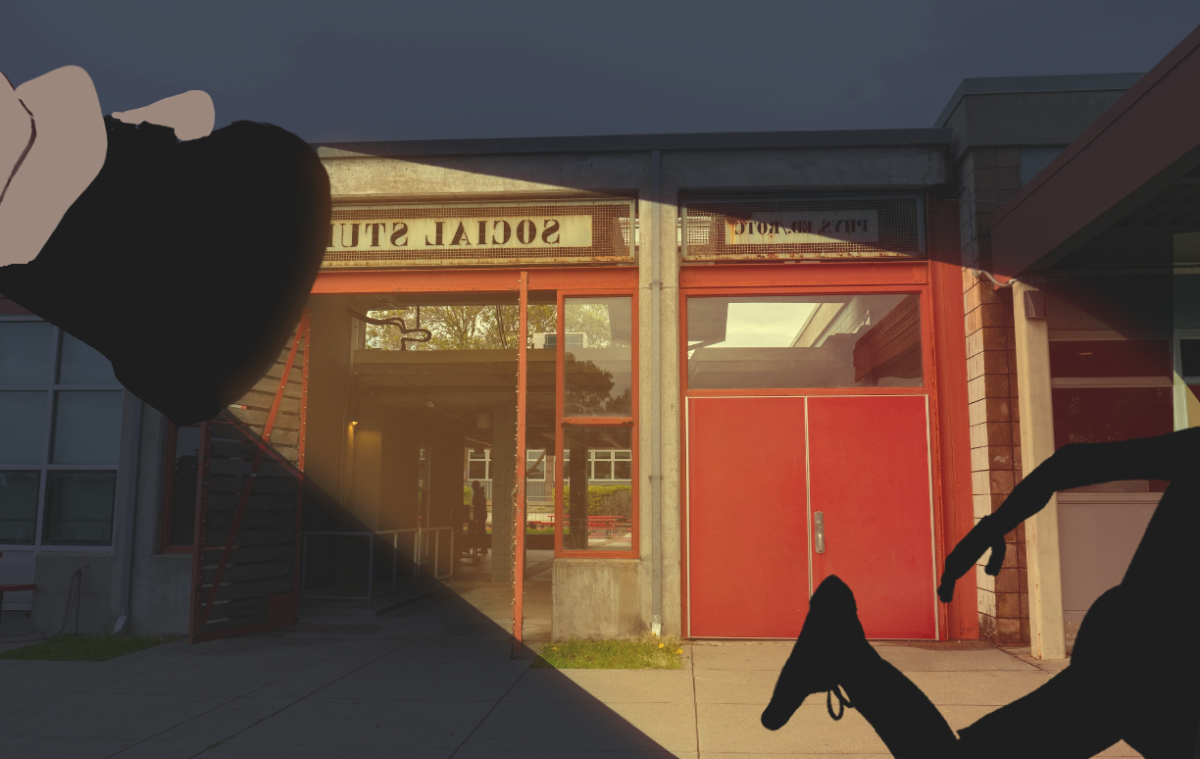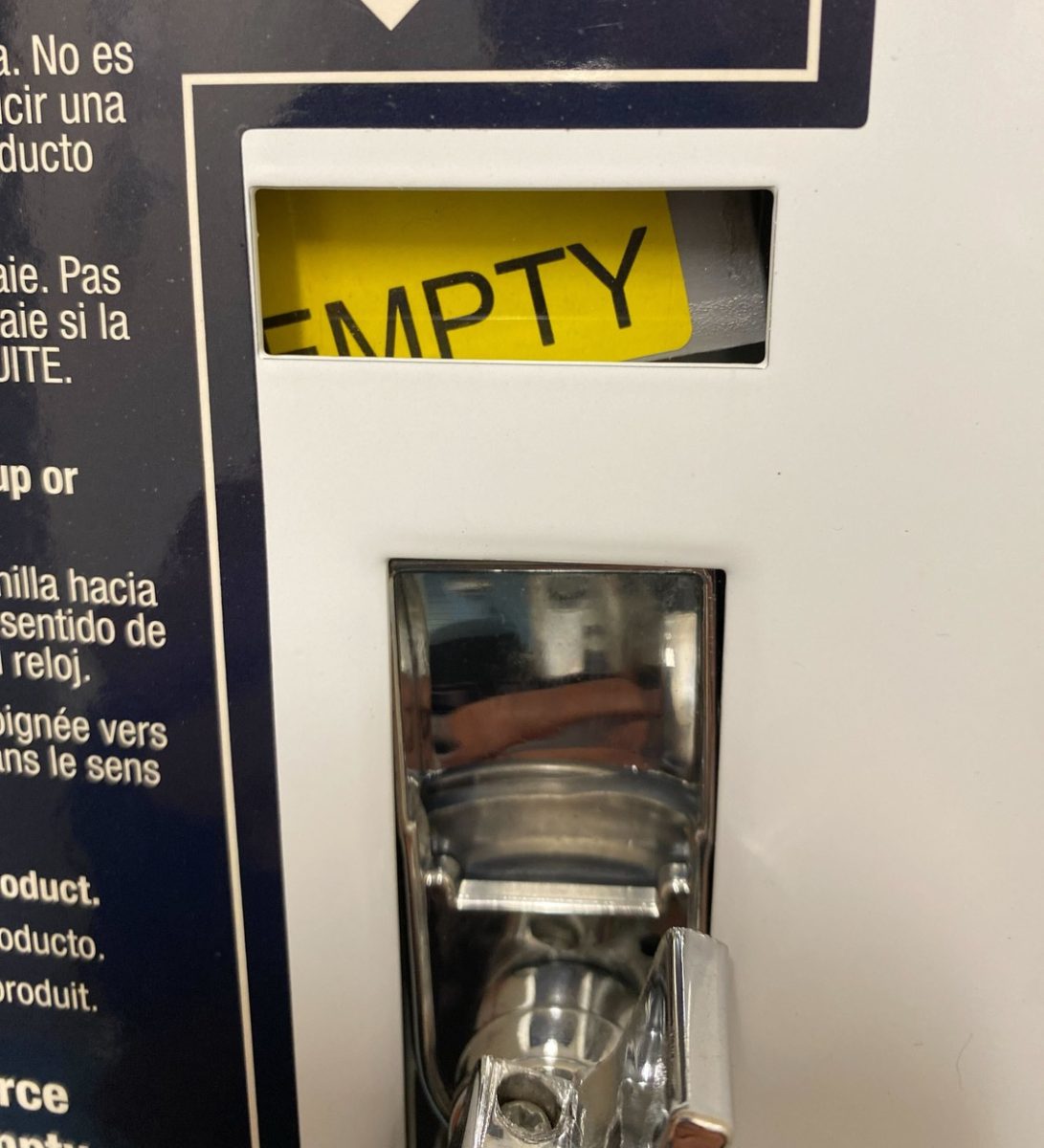Saying goodbye, part 3 of 3: Retiring teachers talk about their time at Lowell and what’s next for them
By Jocelyn Xie
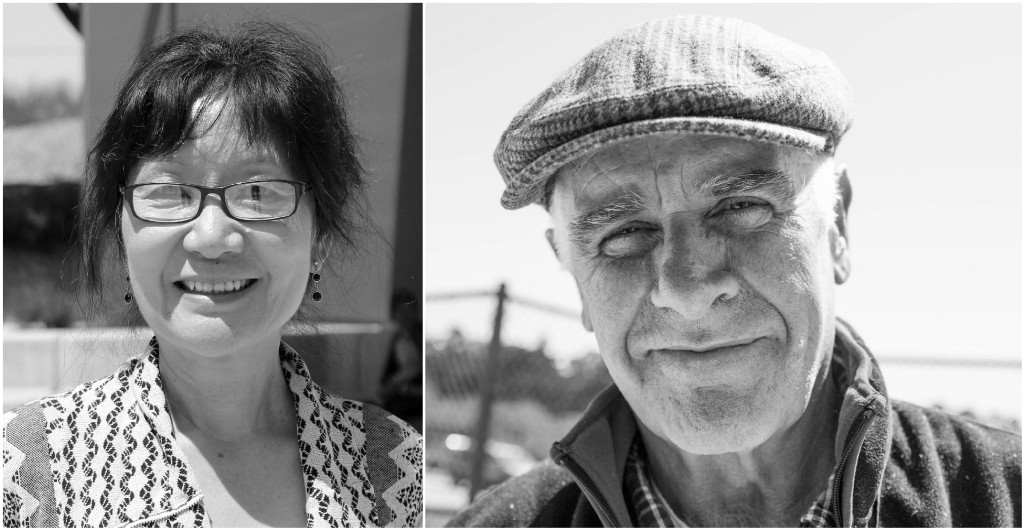
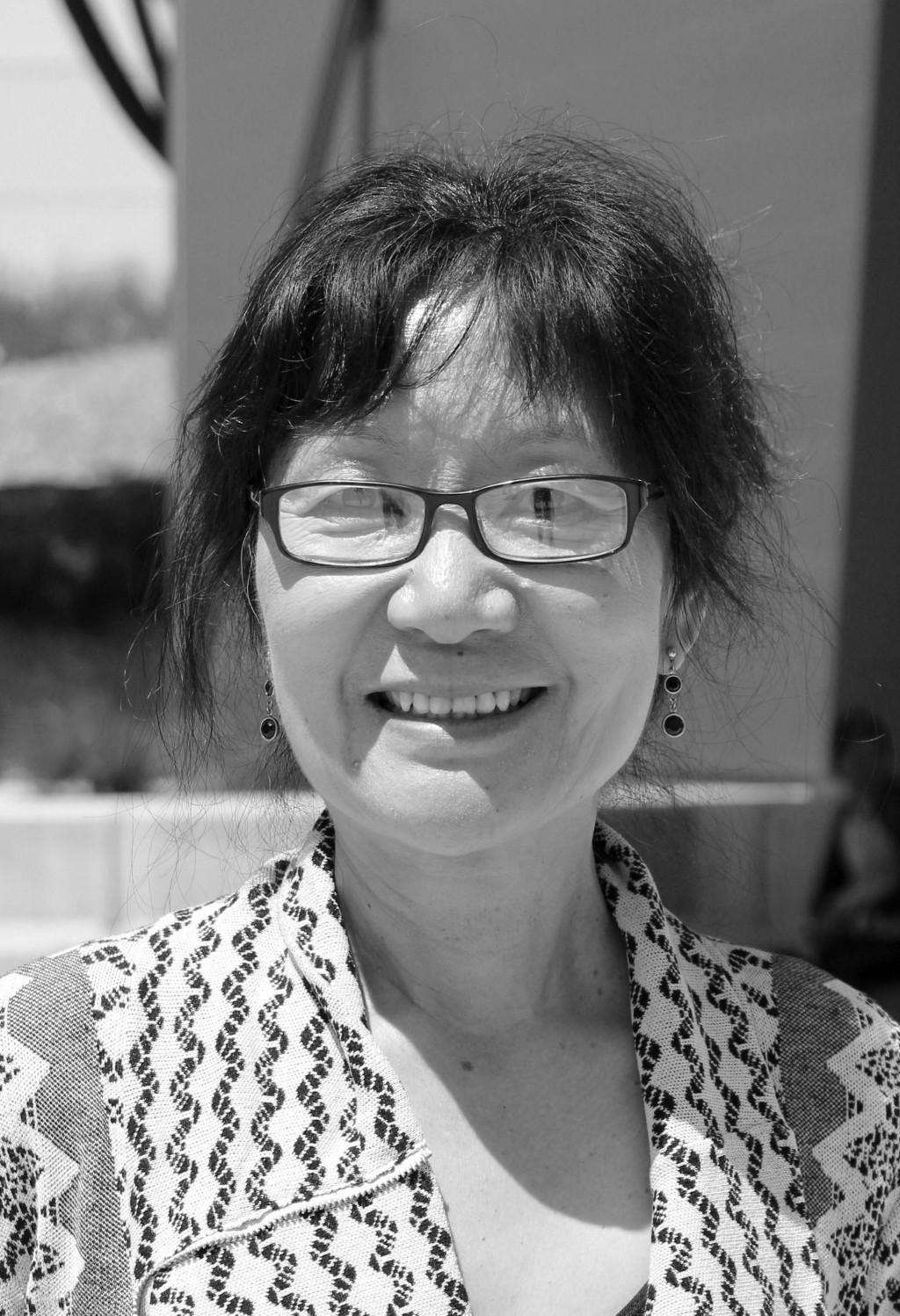
Xiaolin Chang, AP Chinese teacher and language department head
Xiaolin Chang has been the language department head at Lowell for six years. Chang moved to the United States from China to become a teacher, her dream since she was in fourth grade. After retirement, she plans to help aid AP Chinese teachers as a College Board consultant.
Chang stresses the value of learning many languages. “I think it doesn’t matter if it is Chinese, Spanish, Korean, Italian, Japanese, Hebrew, French or whatever,” Chang said. “The more languages you have, the better off you will be.”
What challenges and rewards have you gained along (as the department head and as a teacher)?
Before I became the department chair, my own teaching and my students were definitely my priority. But since taking on this challenge, I can’t always put my students ahead of other students. For example, if a teacher is not here, I cannot just say “Sorry, I have a class to teach.” I have to stop. I have to stop my class and find someone to cover the other classes. Or sometimes I have to be there myself. At that moment, my students became secondary. That is challenging and that is the part when I wish I wasn’t in this position. Still, I tried my best and hopefully my students didn’t suffer too much.
“The world now is getting smaller and smaller, so any language you learn will help you to learn more about that culture.”
A rewarding part is that I worked with our teachers and students jointly on some wonderful activities at our school, like Kermesse [the annual cultural festival]. I was able to work with a dedicated group of students in our community. And our teachers are so supportive, not only for those particular activities, but they are sympathetic with me and probably feel sorry for me for taking this position. I’ve learned so much on how to work with people and how to organize activities for the department.
Also, we are very grateful that we moved from the old building to this new language wing. The transition period, however, was very challenging. We had to come up with ideas on the layout and classroom designs [that are] ideal for our students. Because it ended with a beautiful building and a wonderful environment for both students and teachers, and seeing the students enjoyment in all the activities, you forget the problems and celebrate the result.
“Why are people so afraid of immigrants? Afraid of those people who are different from you? That’s because you don’t understand them. So if you know the language and the culture, then you will start knowing those people and understanding them.”
Could you tell us about your immigration story?
First of all, I’ve wanted to become a teacher since the fourth grade. In China, at that time, you didn’t have that personal choice — the government would assign you something. Because I went to a college studying English and some of my professors were American, somehow, a seed of individual freedom was planted. I realized that I should make my own choices; I shouldn’t be forced to do something. Although I wanted to become a teacher, I didn’t want the government to tell me what to do. I left. I said, “Okay, I am leaving for America to study.” A friend helped me apply for school and I was accepted for the master’s program at USF. Of course, since my dream always was to become a teacher, I got my teaching credential and started teaching [in the U.S.]. I did some teaching in China too.
How would you compare and contrast your teaching experience in China and the U.S.?
The U.S. is student-oriented. China is teacher-centric. Basically, kids just sit there taking notes. But here, you have interactions between teachers and students, and teachers can challenge each other and have intellectual discussions.
Why is it important to study a new language?
The world now is getting smaller and smaller, so any language you learn will help you to learn more about that culture. Why are people so afraid of immigrants? Afraid of those people who are different from you? That’s because you don’t understand them. It brings fear. So if you know the language and the culture, then you will start knowing those people and understanding them. This is why I think it is so important to have all these different languages, and this is why I am so proud that our department is offering eight different languages.
“Although I wanted to become a teacher, I didn’t want the government to tell me what to do.”
Is there anything in particular you want your students to take away from your class?
I want them to see that learning is fun. And when they are learning, I want them to know that all teachers are here to support them. If a teacher can have a little bit of impact on their life and inspire them to be a life-long learner, to be a nice person, and be dedicated in pursuit of their interests, I will be very happy.

Gregory Collins, Spanish teacher
Gregory Collins has been teaching in the San Francisco Unified School District for 32 years. In 1984, after working in the corporate world for 14 years, Collins decided to return to teaching, which he had been doing before. He was inspired by some of his high school teachers who had made him “see the world in a whole new way” and provided a safe haven for him during his high school years.
Collins is also a true believer in learning. “Most of life has nothing to do with school, but learning never ends,” Collins said.
Why did you want to become a teacher?
I remembered some classes back in high school that I enjoyed and found transformative; they let me see the world in a new way. In these classes, Shakespeare’s lines took on a new breadth of meaning; I was liberated by poetry instead of bored; and I discovered that history was more than chapter headings. I also recalled the admiration I had for certain teachers — teachers who led me to believe there was a great world waiting. They were like messengers from that world. Maybe I could be one of them.
“Most of life has nothing to do with school, but learning never ends.”
What is a good class like in your opinion?
When I was in high school, my home life was difficult, so a good class was a blessed refuge. When a class was good, I looked forward to the next minute and the next day in that class. When a class was good, I liked the subject, I liked my classmates, I liked the teacher, and I wanted to work for the teacher. The idea that I could offer anything like this rare experience to my own students was asking a lot. Nevertheless, it still served as my ideal during my teaching career.
Would you like to share your study-abroad story?
When I was a student at San Francisco State, there was a lot of political unrest on the campus, and I was taking part in the chaos. Seeing that I was exhausted from it, a classmate told me about the California State University International Program. In a couple of months, I was taking classes at the University of Madrid [in Spain]. For two semesters, I studied and lived with people that I would never have met otherwise. Spain was a dictatorship at this time, which made life even more exciting for a restless young person.
While living in Spain at our international student community, I shared my days with students who had close ties to people of influence in the world. Beside them, I became aware of my own social class and its boundaries.
During the breaks in study and after the academic year, I traveled to ten different countries. Greece and Yugoslavia were very special — two other dictatorships. It was the summer of 1970 and we young travelers were crazy with hope and visions.
“I also recalled the admiration I had for certain teachers — teachers who led me to believe there was a great world waiting. They were like messengers from that world. Maybe I could be one of them.”
Did you experience a period of disorientation when you came back?
I was disoriented for years and years. When I returned to the U.S., I noticed a lot of changes in the culture of my city and of my country. I wanted to go away again. After one year back in San Francisco, I left for New York to spend five rich years of study, work, and changes that included working in an advertising agency. The ad agency was the best school of all; I learned so much there.
Do you have any plans for retirement?
Our sons are still in college, so we have to keep working. My wife, Lin Wei, is the owner and head teacher at Asian Arts School on Taraval Street. She teaches art to students from five to seventy-five [years old]. I work for her now as an editor, chauffeur, and janitor. That will continue. Once I stop teaching, we will spend more time together painting outdoors.
These interviews have been edited and condensed by Tammie Tam.



